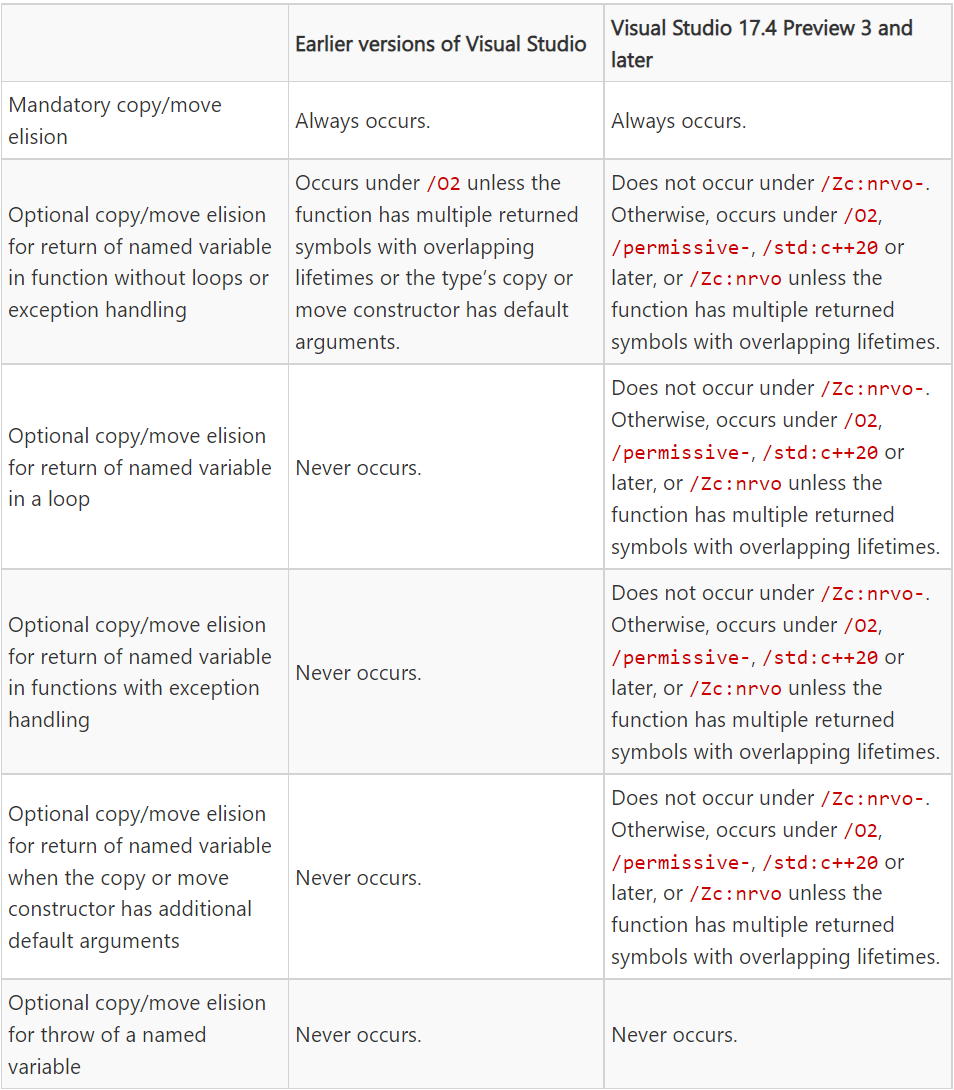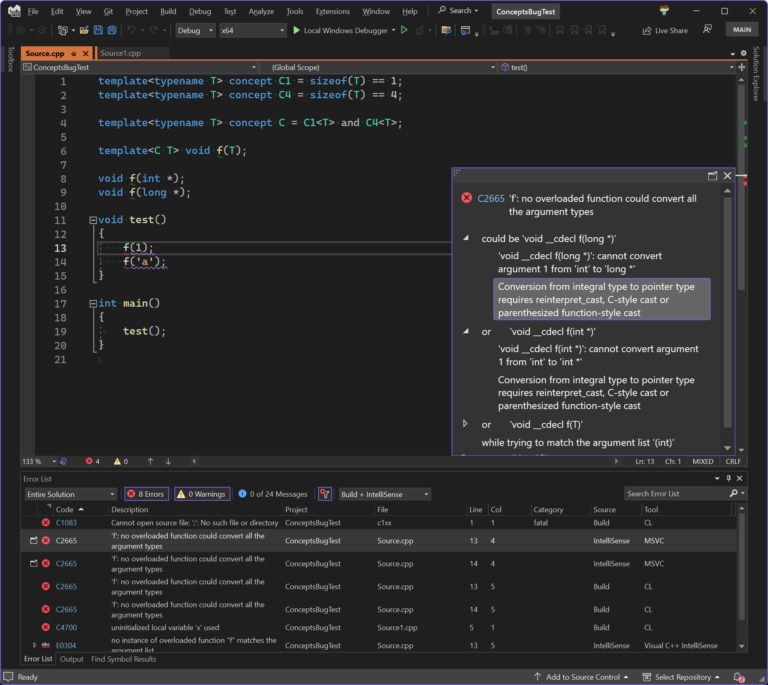PVS-Studio and RPCS3: the best warnings in one click
Best Warnings — the analyzer's mode that displays 10 most interesting warnings in the output window. We invite you to take a look at the updated Best Warnings mode on the example of the RPCS3 project check.
PVS-Studio and RPCS3: the best warnings in one click
by Alexander Kurenev
From the article:
Best Warnings is a special mechanism for the first acquaintance with the PVS-Studio static analyzer. The full analyzer's log can contain thousands of warnings. Therefore, if you want to evaluate the work of the analyzer and not waste time and effort on viewing a large report that was issued by a not yet configured analyzer, use the Best Warnings mechanism. Open the analyzer's log in the PVS-Studio plugin for Visual Studio and enable Best Warnings.

 Visual Studio 2022 17.4 is available:
Visual Studio 2022 17.4 is available: From the MSVC team blog:
From the MSVC team blog: Improving safety and security in GCC:
Improving safety and security in GCC: Making C++ easier to understand:
Making C++ easier to understand: